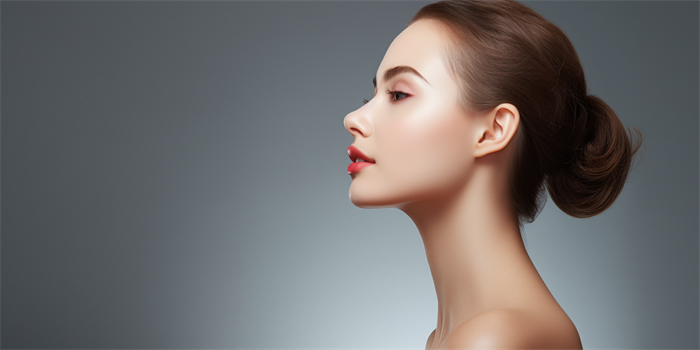Can I Eat Shrimp After AlloDerm in Waterford
Introduction to AlloDerm Procedure
AlloDerm is a type of graft material commonly used in various reconstructive surgeries, including dental implants and breast reconstruction. It is derived from donated human tissue that has been processed to remove cells, leaving behind a collagen-based matrix. This matrix is then used to support and promote tissue regeneration. The procedure is considered safe and effective, but patients often have questions about post-operative care, including dietary restrictions.

Dietary Considerations Post-AlloDerm
After undergoing an AlloDerm procedure, it is crucial to follow your healthcare provider's post-operative care instructions. These instructions typically include guidelines on diet and activity to ensure proper healing. While there is no specific prohibition on eating shrimp, it is essential to consider several factors:
1. Allergies and Sensitivities
Shrimp is a common allergen, and individuals with shellfish allergies should avoid it. If you have a history of allergies or are unsure about your sensitivity, consult your healthcare provider before consuming shrimp. Allergic reactions can complicate the healing process and may lead to unnecessary complications.
2. Digestive Health
Shrimp is generally considered a healthy protein source, but its consumption should be moderated, especially if you have digestive issues. High-protein diets can sometimes cause gastrointestinal discomfort, which may interfere with the healing process. Ensure that your diet is balanced and includes a variety of foods to support overall health.
3. Food Safety
Proper food handling and preparation are critical to prevent foodborne illnesses. Shrimp, if not handled correctly, can carry bacteria that may cause infections. Always ensure that shrimp is cooked thoroughly and stored safely. Foodborne illnesses can lead to inflammation and other complications that may affect your recovery.
Post-Operative Healing and Nutrition
Nutrition plays a vital role in the healing process after any surgical procedure. A well-balanced diet that includes adequate protein, vitamins, and minerals is essential. Here are some additional dietary tips to consider:
1. Protein Intake
Protein is necessary for tissue repair and regeneration. While shrimp is a good source of protein, it is not the only option. Consider incorporating other protein sources such as lean meats, poultry, beans, and dairy products into your diet.
2. Vitamin and Mineral Supplementation
Certain vitamins and minerals, such as vitamin C, zinc, and iron, are crucial for wound healing. Ensure your diet includes a variety of fruits, vegetables, and whole grains to meet these nutritional needs.
3. Hydration
Staying hydrated is essential for overall health and healing. Drink plenty of water and avoid excessive consumption of caffeine and alcohol, which can dehydrate the body.
FAQ
Q: Can I eat shrimp immediately after an AlloDerm procedure?
A: It is generally safe to eat shrimp after an AlloDerm procedure, but it is advisable to wait until your healthcare provider gives you the go-ahead. This is usually after the initial healing phase.
Q: Are there any specific dietary restrictions after AlloDerm?
A: Your healthcare provider may recommend avoiding hard, crunchy, or spicy foods initially to prevent irritation. However, there are no specific restrictions on shrimp unless you have an allergy or digestive issues.
Q: How long should I wait before resuming my normal diet?
A: The duration varies depending on the type of procedure and individual healing rates. Typically, you can resume a normal diet within a few days to a week after the procedure, but always follow your healthcare provider's instructions.
Q: What should I do if I experience any adverse reactions after eating shrimp?
A: If you experience any symptoms such as itching, swelling, or difficulty breathing after consuming shrimp, seek medical attention immediately. These could be signs of an allergic reaction.
In conclusion, while there is no specific prohibition on eating shrimp after an AlloDerm procedure, it is essential to consider individual health conditions, allergies, and follow your healthcare provider's advice. A balanced and nutritious diet is key to supporting the healing process and ensuring a successful recovery.




